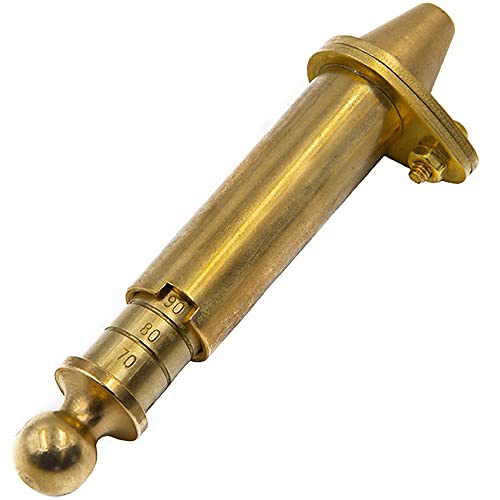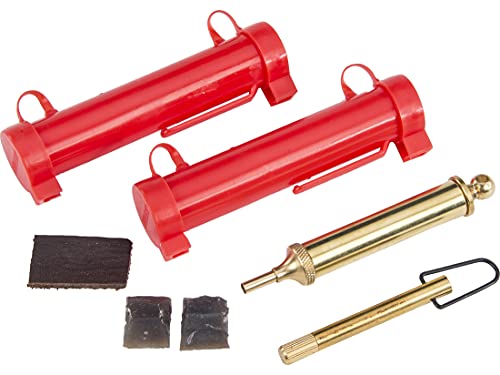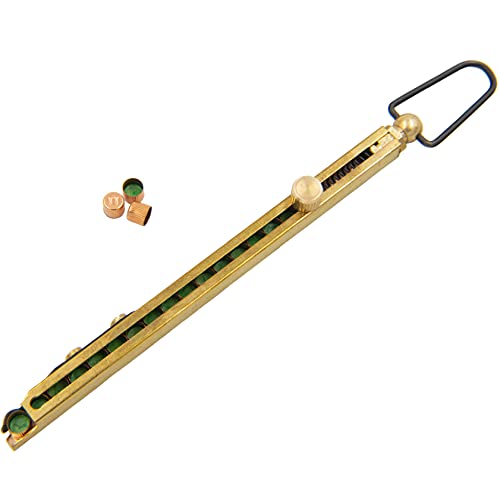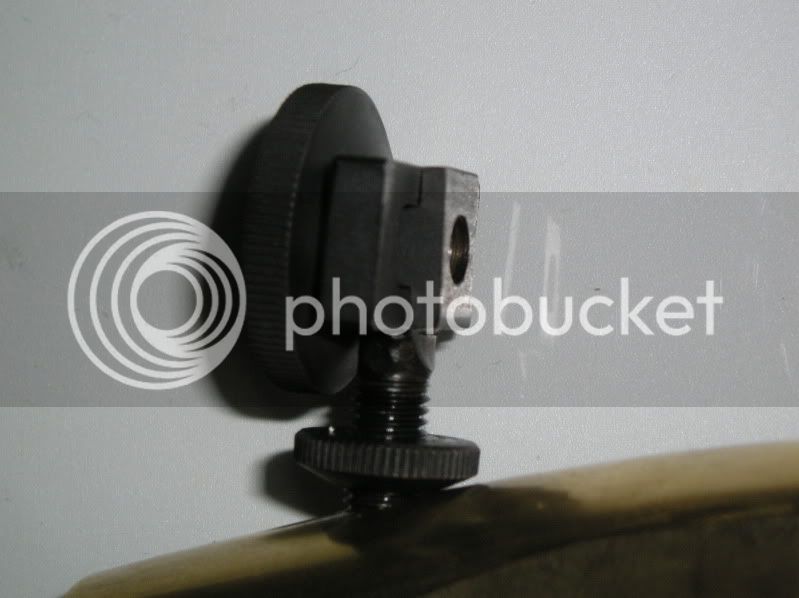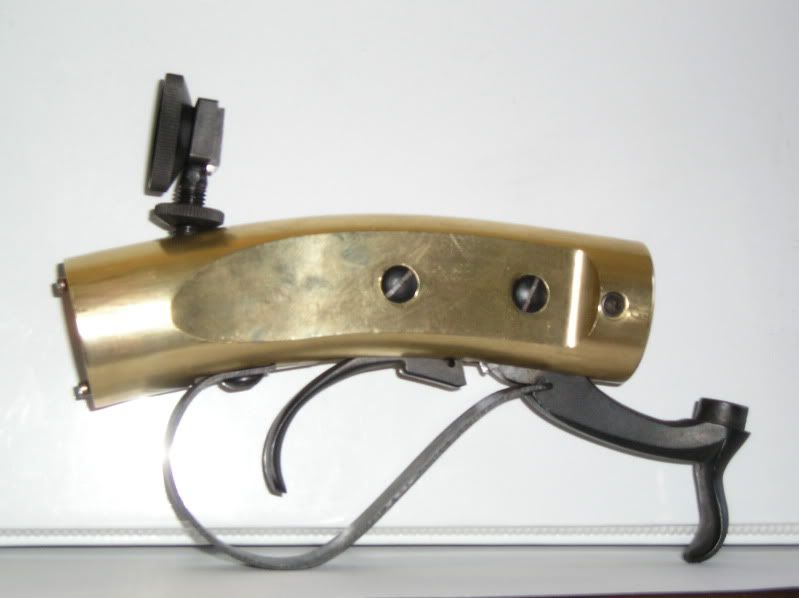buggybuilder
36 Cal.
- Joined
- Oct 2, 2008
- Messages
- 69
- Reaction score
- 0
I'm finally going to brown and blue tomorrow.
I'm going to use LMF.
Do I need to put all of the required coats on in one day or can this system be interrupted and finish them on another day? If this is possible, where would my breaking point be?
Thanks
Bob
I'm going to use LMF.
Do I need to put all of the required coats on in one day or can this system be interrupted and finish them on another day? If this is possible, where would my breaking point be?
Thanks
Bob







